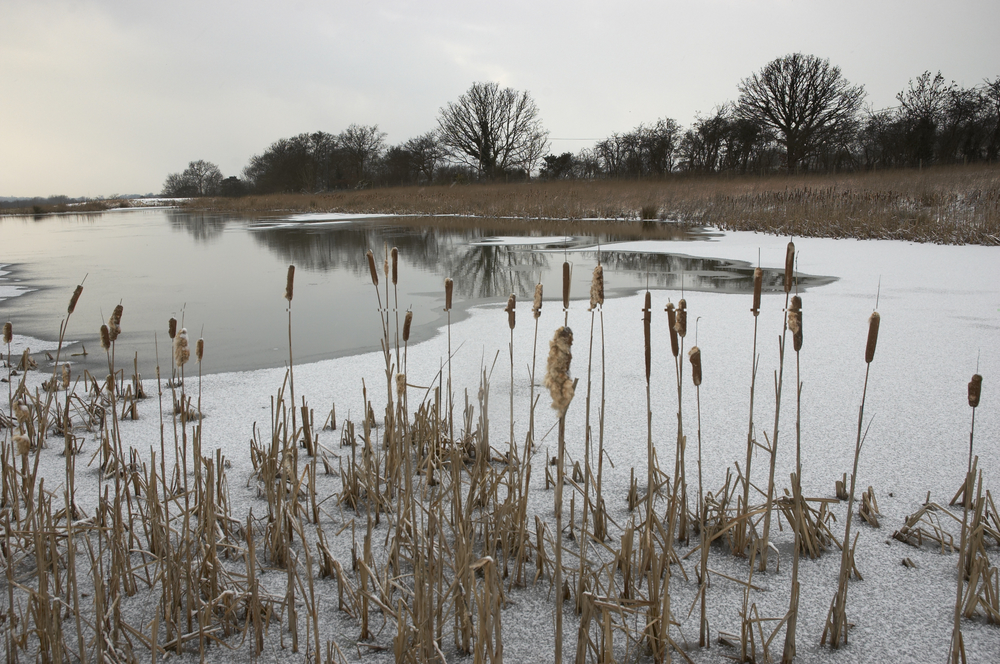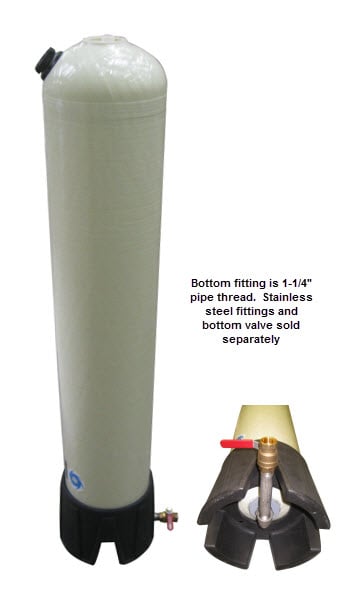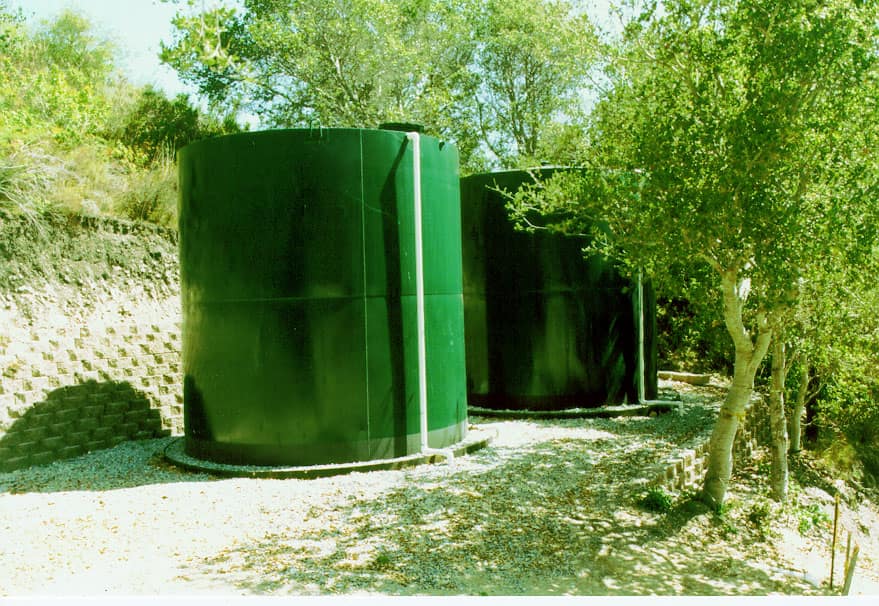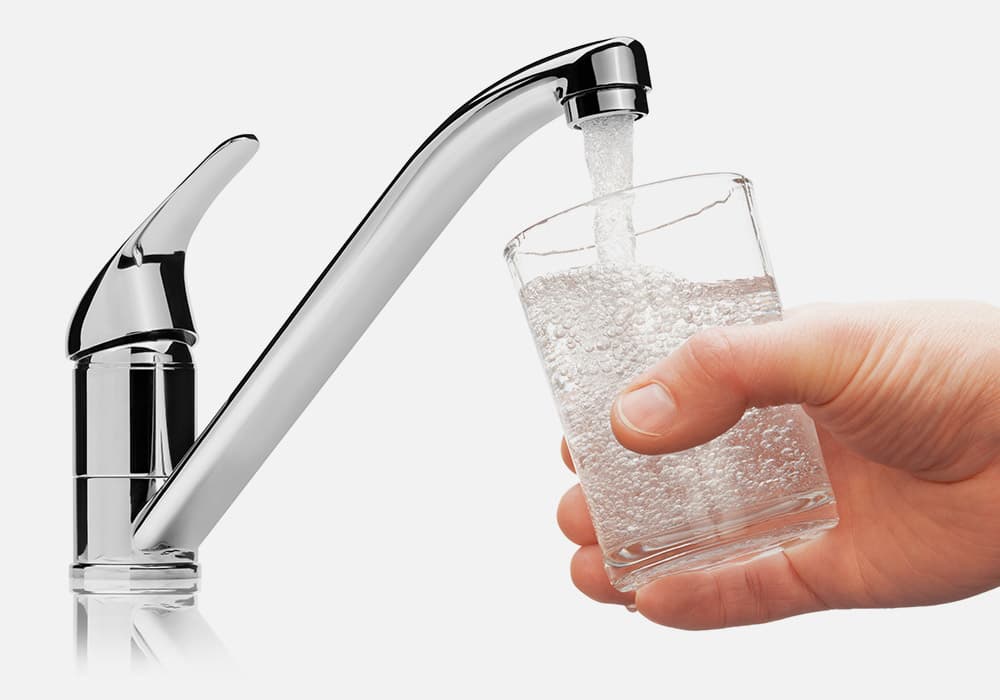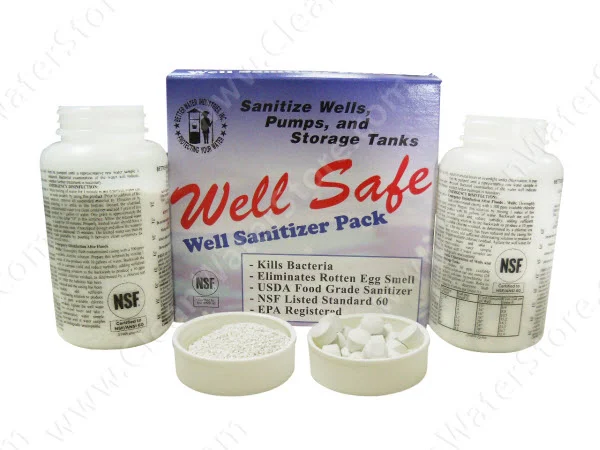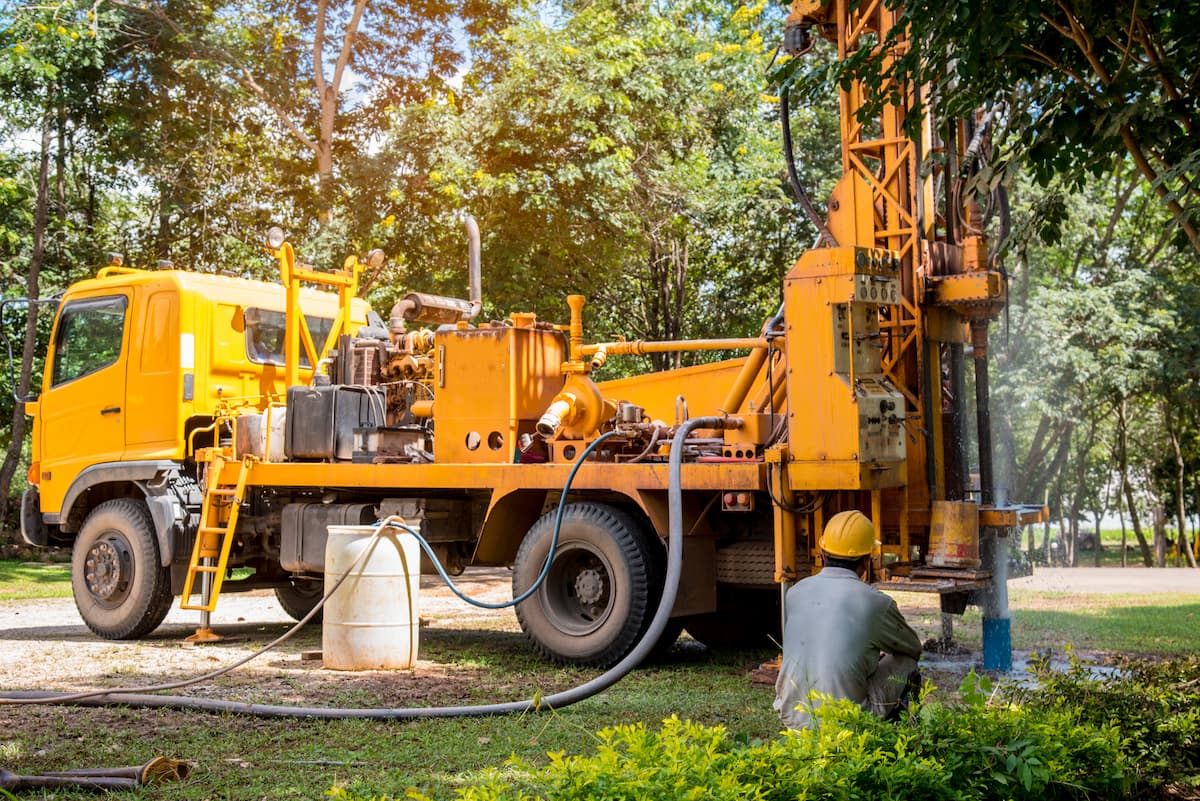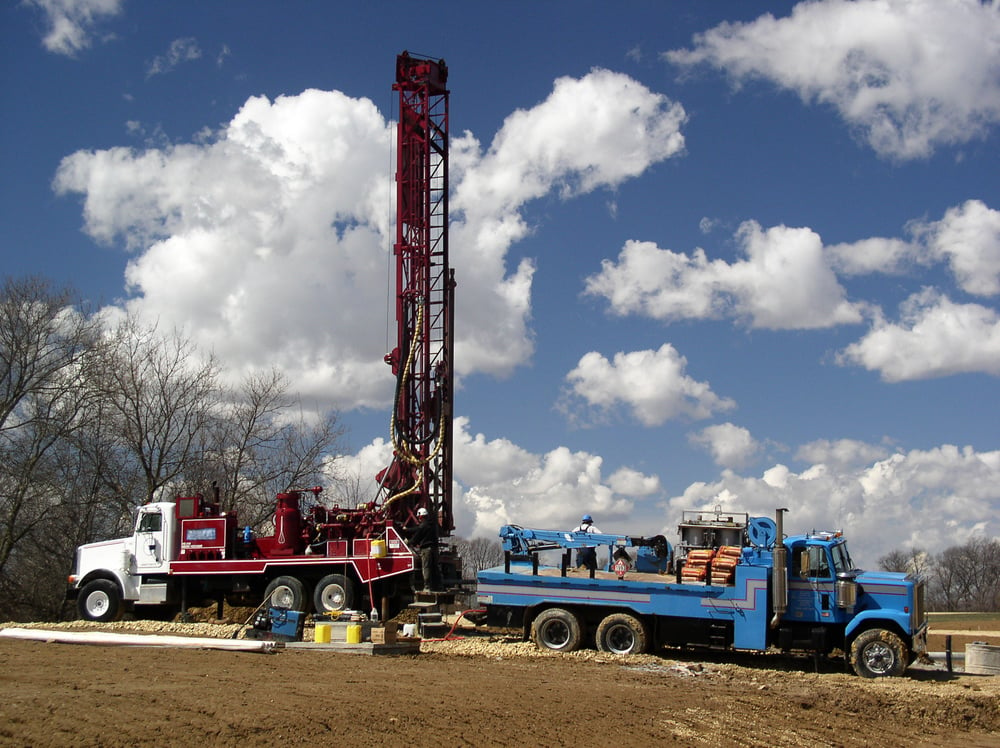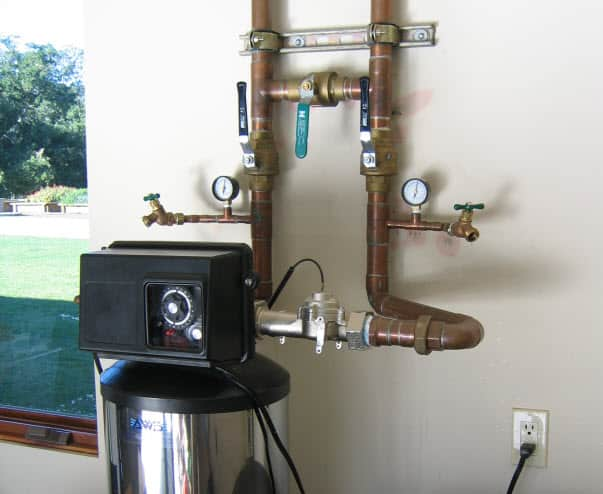How To Winterize Your Water Treatment Systems, Softeners, and Filters
How To Winterize Your Water Treatment System, Softeners, and Filters
Yes, it’s that time of year again. The holidays are upon us, the cold is coming in, your water systems are…frozen?! If you are like some of our readers, you have water treatment systems that need to be prepared for winter and are wondering how to do so. Ensuring access to fresh water during winter is crucial for maintaining hydration and overall health. Proper winterization can lead to significant cost savings by preventing damage and reducing the need for expensive repairs. Maintaining a water treatment system can significantly improve your overall health by providing safe drinking water.
(Note that this short tutorial is for people who don’t plan to use their systems through the winter – for example, people whose systems are installed at summer cabins or timeshares that will be vacant for the winter. If you do plan to use your systems, the main thing to worry about is keeping them from freezing.)
For starters, we recommend draining all water from tanks, control valves, pipes, and tubing in your water system.

For water softeners, disconnect and drain the brine tubing. To drain the brine tank, run a normal regeneration cycle (during which the softener will suck the brine from the tank) then shut off your water before the final brine tank refill cycle.
Next, remove the control valve from your system and siphon any water in the tank by inserting some small poly tubing down the distributor tube.
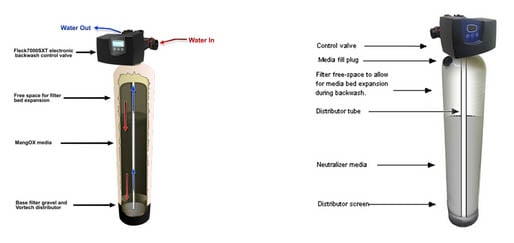
If you aren’t already, consider using a bottom drain Enpress Vortech Tank. This tank, featuring a bottom drain plug for easy draining, can be used with your softeners, filters, and neutralizers, making winterizing your systems as simple as possible. Water experts recommend this approach to ensure the system’s effectiveness.
Introduction to Winterization
As the winter months approach, it’s essential to prepare your home’s water system for the cold weather. Winterization is a crucial step in maintaining the quality and safety of your drinking water. By taking the time to winterize your water softener and water filtration system, you can reduce contaminants and improve the taste and odor of your tap water.
Proper winterization helps protect your plumbing from freezing and bursting, ensuring that filtered water is available throughout your home for drinking, cooking, and bathing. A well-maintained filtration system not only provides you with clean, great-tasting water but also extends the life of your appliances and reduces the risk of costly repairs.
Introduction to Water Treatment
Water treatment is the process of removing harmful contaminants from water to make it safe for drinking, cooking, and other household uses. A home water filtration system can help reduce contaminants in tap water, providing fresh and clean water for your family.
Whether you’re dealing with chlorine, sediment, or other potential contaminants, a well-installed filtration system ensures that your water is safe and tastes great. By investing in a water treatment system, you can enjoy the peace of mind that comes with knowing your water is free from harmful substances. Clean water is essential for your health and well-being, and a reliable water filtration system is the perfect solution to achieve this.
Understanding Water Quality
Water quality can vary significantly depending on several factors, including the source of your water and the presence of contaminants. For instance, city water may contain chlorine and other chemicals used for disinfection, while well water might have higher levels of minerals and potential contaminants like sulfur or iron.
Understanding water hardness is also crucial, as hard water can have a negative impact on your plumbing and appliances. Conducting regular water tests is crucial for identifying any water issues and ensuring your water is safe for consumption. By staying informed about your water quality, you can take the necessary steps to address any issues and maintain a healthy water supply in your home.
Pre-Winterization Checklist
Before winterizing your home’s water system, it’s essential to conduct a thorough inspection to identify potential issues. Here’s a handy checklist to guide you through the process:
- Check for leaks and cracks: Inspect all pipes and fittings for any signs of leaks or cracks that could worsen in freezing temperatures.
- Insulate exposed pipes: Ensure that any pipes in unheated areas, such as basements or crawl spaces, are properly insulated to prevent freezing.
- Drain and disconnect outdoor hoses: Remove and store any outdoor hoses to prevent them from freezing and causing damage to your plumbing.
- Inspect your water softener and filtration system: Make sure your water softener and filtration system are functioning correctly. Regular service and maintenance are crucial to ensure they operate efficiently and to address any wear or damage promptly.
- Test your water: Conduct a free water test to identify potential contaminants and measure water hardness. This will provide a baseline for future testing and help you address any water quality issues before they become a problem.
Importance of Regular Maintenance
Regular maintenance of your water treatment systems is crucial to ensure they operate efficiently and deliver optimal water quality. Routine checks and servicing can help identify and address minor issues before they escalate into major problems, saving you from costly repairs. Regular maintenance also ensures that your water softener and filtration system operate at peak efficiency, providing you with soft water and reducing contaminants effectively.
By keeping your systems in good working order, you can extend their lifespan and enjoy the benefits of clean, great-tasting water year-round. Don’t wait for a water problem to arise; proactive maintenance is key to a reliable and efficient water treatment system.
Winterization Methods
Winterization methods vary depending on the type of water system and the climate you live in.
Here are some common methods to consider:
- Drain and disconnect: For systems that won’t be in use during the winter, draining and disconnecting the water system is a straightforward way to prevent freezing. Winterizing your water system ensures that filtered water is available for showers and other household uses.
- Insulate pipes and fittings: Use pipe insulation to protect exposed pipes and fittings from freezing temperatures.
- Freeze-proof faucets and valves: Install freeze-proof faucets and valves to prevent water from freezing in your plumbing.
- Winterization kits: Consider installing a winterization kit for your water softener and filtration system. These kits are designed to make the winterization process easier and more effective. Consulting with a water expert can help you determine the best winterization method for your specific system and climate, ensuring that your water system remains protected throughout the winter.
Winterizing Whole House Filters
Whole-house filters are an essential component of any home water filtration system. Winterizing these filters requires special attention to prevent damage and maintain their effectiveness.
Here’s how to do it:
- Drain and clean the filter: Remove any water from the filter housing and clean the filter thoroughly to prevent freezing and damage.
- Inspect and replace filter media: Check the filter media for any signs of wear or damage and replace it if necessary.
- Check for leaks and damage: Inspect the filter housing and connections for any leaks or damage that could worsen in freezing temperatures.
- Replace the filter if needed: Swap out old or damaged filters to maintain performance. A properly maintained whole-house filter improves taste, reduces contaminants, protects appliances, and even enhances laundry results.
Appliance Protection
A well-maintained water treatment system does more than provide clean water; it also protects your household appliances. Hard water can cause scale buildup in appliances such as dishwashers, washing machines, and water heaters, thereby reducing their efficiency and lifespan. By using a water softener to reduce water hardness, you can prevent this buildup and keep your appliances running smoothly.
Additionally, a good water filtration system can remove sediment and other contaminants that might clog or damage your appliances. Protecting your appliances with a reliable water treatment system not only saves you money on repairs and replacements but also ensures they operate efficiently, providing you with better water and peace of mind.
Final Thoughts
Winterizing your water treatment systems, softeners, and filters is essential to ensure they remain in good working order throughout the cold months. By following the steps outlined in this article, you can protect your systems from freezing and damage, ensuring a continuous supply of clean, great-tasting water.
Regular maintenance and proactive measures are crucial for extending the lifespan of your water treatment systems and preventing costly repairs. Take the time to winterize your systems and conduct regular checks to enjoy the benefits of fresh, safe water throughout the year. For more information or assistance, please don’t hesitate to contact water experts who can provide tailored solutions to meet your specific needs.
For more information, email us at support@cleanwaterstore.com, or leave us a message/comment on Facebook.

